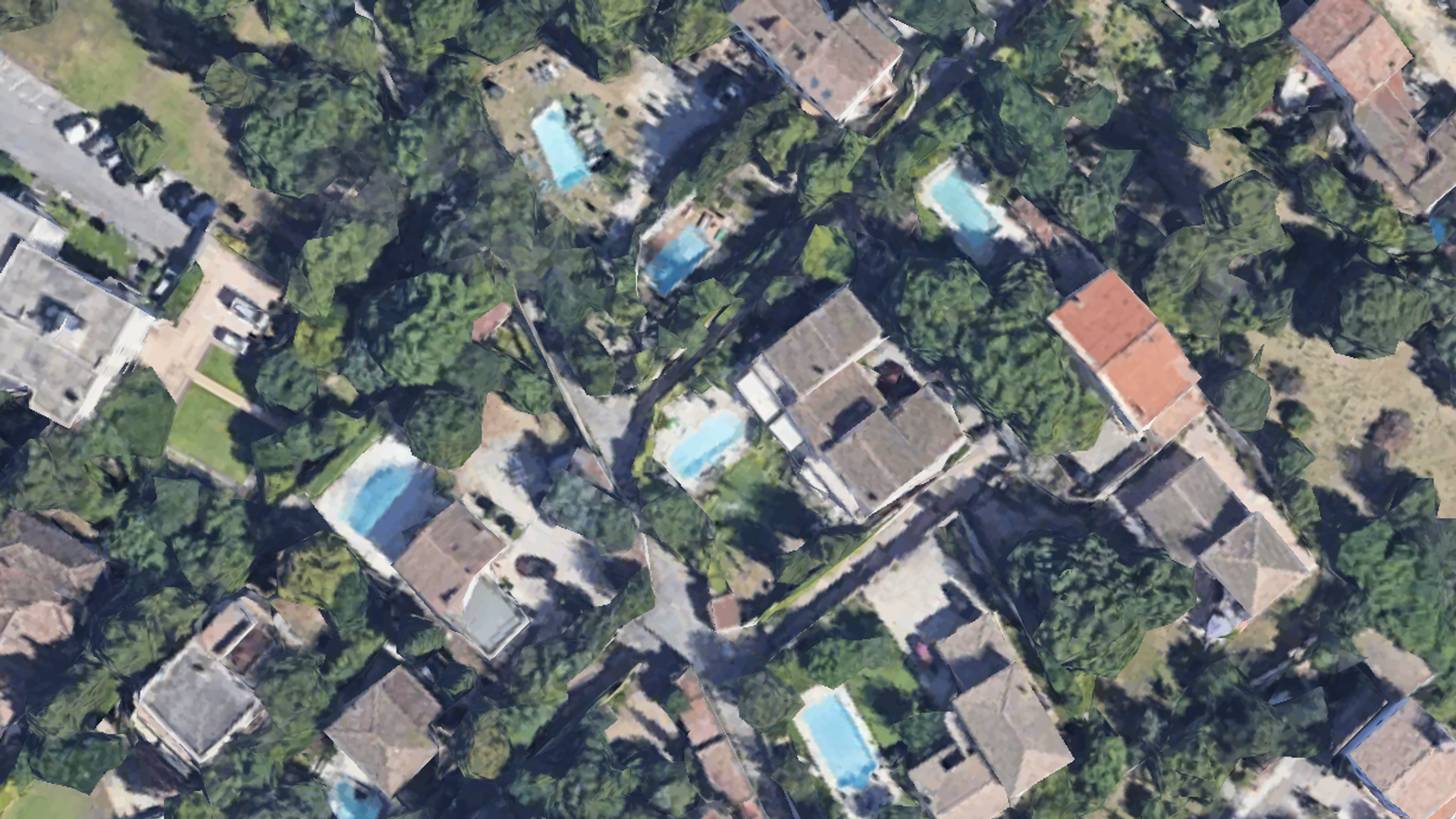https://sputnikglobe.com/20220903/french-tax-authorities-cracking-down-on-pools-using-artificial-intelligence-1100345971.html
French Tax Authorities Cracking Down on Pools Using Artificial Intelligence
French Tax Authorities Cracking Down on Pools Using Artificial Intelligence
Sputnik International
AI has been increasingly used by law enforcement to prevent and solve crimes, often involving facial recognition technology. A new system in France is using AI... 03.09.2022, Sputnik International
2022-09-03T21:18+0000
2022-09-03T21:18+0000
2022-11-03T19:28+0000
world
artificial intelligence (ai)
tax fraud
france
https://cdn1.img.sputnikglobe.com/img/07e6/09/03/1100345828_0:30:1229:721_1920x0_80_0_0_5979622651e86622d6ba5749acd54506.png
France has identified over 20,000 private pools that were not reported to tax authorities using an artificial intelligence computer vision system developed by French IT firm Capgemini.Using the system created by Capgemini and satellite imagery, the French tax office (DGFiP) identified 20,356 pools on residential properties that were undeclared with the tax office. The program, which started in October of last year, covered only nine out of the 96 departments in France. The pools already identified represent about €10 million in additional tax revenue, a number that the DGFiP estimates could reach €40 million when the program is rolled out nationwide.France taxes property based on its rental value. When improvements increase the value of a home, it also increases its taxes. For example, a 30-squared meter pool would likely add an extra €200 in property taxes annually. That is not limited to pools, but pools make a particularly attractive target because their relatively uniform shape makes them easier for the AI to pick up and because a historic drought in the country has put private pools under increased scrutiny. French environmentalists have called for private pools to be banned while the country is under water restrictions due to the drought and a summer heatwave.The AI searched topographical satellite images for pool-like objects, typically blue rectangles, and when identified cross-referenced them with the country’s tax databases. If the pool is not registered, the owner is in violation of tax law and is given a warning, for now.The system is not perfect. It initially had difficulties differentiating between pools and other rectangular objects like solar panels, misidentifying objects as pools roughly 30% of the time while also missing objects that were partially obscured by trees or shadows. French authorities say the accuracy has increased recently, but it still has trouble telling if the rectangular shape is of a pool or something less significant like a tent, terrace, or tarp.Unsurprisingly, the program is controversial. There are privacy concerns, which increased when it was revealed that Google is working as a subcontractor for the project. However, the DGFiP has assured the public that Google’s cloud technology is only used to process the images, and the company has no access to tax or land deed data. Somewhat ironically, Google had its own tax issues in France.The program is expected to roll out nationwide and may be used to identify other value-increasing home improvements in the future.
https://sputnikglobe.com/20220827/japan-police-to-use-ai-drones-to-protect-officials-at-g7-summit-after-shinzo-abes-assassination-1100062217.html
france
Sputnik International
feedback@sputniknews.com
+74956456601
MIA „Rossiya Segodnya“
2022
News
en_EN
Sputnik International
feedback@sputniknews.com
+74956456601
MIA „Rossiya Segodnya“
Sputnik International
feedback@sputniknews.com
+74956456601
MIA „Rossiya Segodnya“
artificial intelligence (ai), tax fraud, france
artificial intelligence (ai), tax fraud, france
French Tax Authorities Cracking Down on Pools Using Artificial Intelligence
21:18 GMT 03.09.2022 (Updated: 19:28 GMT 03.11.2022) AI has been increasingly used by law enforcement to prevent and solve crimes, often involving facial recognition technology. A new system in France is using AI to identify tax dodgers by spotting home improvements.
France has identified over 20,000 private pools that were not reported to tax authorities using an artificial intelligence computer vision system developed by French IT firm Capgemini.
Using the system created by Capgemini and satellite imagery, the French tax office (DGFiP) identified 20,356 pools on residential properties that were undeclared with the tax office. The program, which started in October of last year, covered
only nine out of the 96 departments in France. The pools already identified represent about €10 million in additional tax revenue, a number that the DGFiP estimates
could reach €40 million when the program is rolled out nationwide.
France taxes property based on its rental value. When improvements increase the value of a home, it also increases its taxes. For example, a 30-squared meter pool would likely add an extra €200 in property taxes annually. That is not limited to pools, but pools make a particularly attractive target because their relatively uniform shape makes them easier for the AI to pick up and because a historic drought in the country has put private pools under increased scrutiny. French environmentalists have called for private pools to be banned while the country is under water restrictions due to the drought and a summer heatwave.

27 August 2022, 12:25 GMT
The AI searched topographical satellite images for pool-like objects, typically blue rectangles, and when identified cross-referenced them with the country’s tax databases. If the pool is not registered, the owner is in violation of tax law and is given a warning, for now.
The system is not perfect. It initially had difficulties differentiating between pools and other rectangular objects like solar panels, misidentifying objects as pools roughly 30% of the time while also missing objects that were partially obscured by trees or shadows. French authorities say the accuracy has increased recently, but it still has trouble telling if the rectangular shape is of a pool or something less significant like a tent, terrace, or tarp.
Unsurprisingly, the program is controversial. There are privacy concerns, which increased when it was revealed that Google is working as a subcontractor for the project. However, the DGFiP has
assured the public that Google’s cloud technology is only used to process the images, and the company has no access to tax or land deed data. Somewhat ironically, Google
had its own tax issues in France.
The program is expected to roll out nationwide and may be used to identify other value-increasing home improvements in the future.



